Survey Design, Implementation, and Analysis
ERG’s team of survey experts has designed and conducted hundreds of surveys to support decision-making at federal, regional, state, and local government agencies. With expertise in social science, economic analysis, regulatory development, baseline analysis, choice experiments, customer satisfaction, and program evaluation, our specialists provide agencies with comprehensive support to plan, design, test, and implement surveys. In contrast to traditional survey houses, our survey projects involve relevant ERG or external experts throughout all phases of design, implementation, and analysis. Following data collection, we analyze the data and work with our communication and digital solution experts to communicate the results in polished final reports, websites, interactive dashboards, and other media. ERG survey specialists are experienced in designing innovative approaches to collecting data under challenging conditions, including remote locations and disaster situations. We are experienced with designing surveys for a wide variety of audiences, including households, patients, businesses, schools, hospitals, federal/state/local agencies, and subject matter experts. We regularly help federal agencies submit Information Collection Requests (ICRs) under the Paperwork Reduction Act (PRA) and requests for Institutional Review Board (IRB) approval, and we follow American Association for Public Opinion Research (AAPOR) guidelines.
Survey Questionnaire and Sample Design
- Cognitive testing, focus groups, pre-testing, and piloting
- Probability sampling, including simple and stratified random sampling, multi-stage cluster designs, and effect size/power analysis-based designs
- Non-probability sampling, including purposive sampling, response-driven sampling, and snowballing
- Thoughtful matching of question types to data needs
Clearances and Approvals
- Office of Management and Budget ICRs
- IRB submissions
- Accessibility remediation
- Health Insurance Portability and Accountability Act compliance
- Ethics clearances
Survey Administration
- Mail, including mail push-to-web
- Phone, including land lines and cellphones
- Online (web)
- In-person, including intercept and door-to-door
- Multi-mode
- Confidential business information (CBI) handling and processing
Survey Data Analysis and Reporting
- Non-response bias analysis
- Qualitative analysis, including NLP-based text mining and content/thematic analysis
- Quantitative statistical analyses, including descriptive statistics, inferential analysis, and advanced multivariate techniques
- Data visualization
- Summary and/or detailed reports to translate survey results into actionable information
Survey Populations
- Households and individuals
- Businesses and nonprofits
- Patients
- Schools
- Hospitals
- Governments
- Visitors
- Hard-to-reach populations
- Multi-lingual populations
- Underserved populations
Survey Methods
- Online panel surveys
- Longitudinal surveys
- Contingent valuation/discrete choice experiments
- Knowledge, attitudes, practices surveys
- Behavioral and preference surveys
- Mandatory and regulatory surveys
- Customer satisfaction
Projects

Superstorm Sandy Choice Experiment Valuation Survey
National Oceanic and Atmospheric Administration

Survey of Drug Importer Practices
U.S. Food and Drug Administration
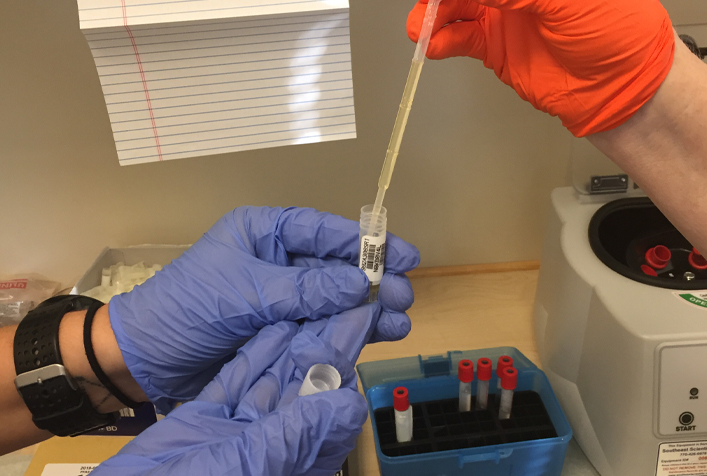
Nationwide PFAS Exposure Assessment
Agency for Toxic Substances and Disease Registry

Texas Inspection and Maintenance Fee Survey
Texas Commission on Environmental Quality

Assessing the Value of a Medicare Demonstration Program
Centers for Medicare and Medicaid Services

Survey of Pharmaceutical Manufacturers, Processors, and Packagers
U.S. Food and Drug Administration
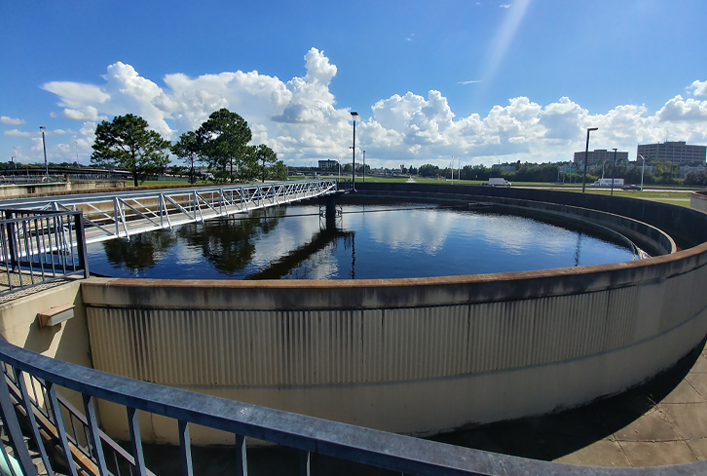
Survey to Support National Study of Nutrient Removal and Secondary Technologies
U.S. Environmental Protection Agency

Coral Reef Management Socioeconomic Monitoring Survey
National Oceanic and Atmospheric Administration

COVID-19 Food Facility Assessment Survey Tool
Massachusetts Department of Public Health

Surveying the Effectiveness of Weather Hazard Communication Terms
National Weather Service
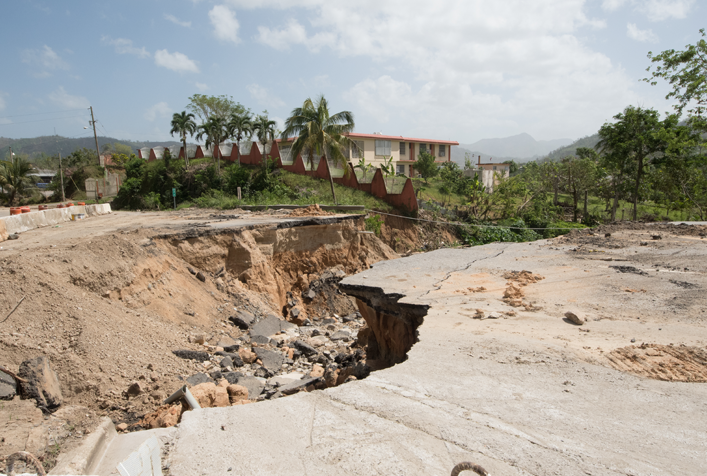
Hurricane Maria Social Science Research in Puerto Rico
National Institute of Standards and Technology

PFAS Multi-Site Health Study
Silent Spring Institute
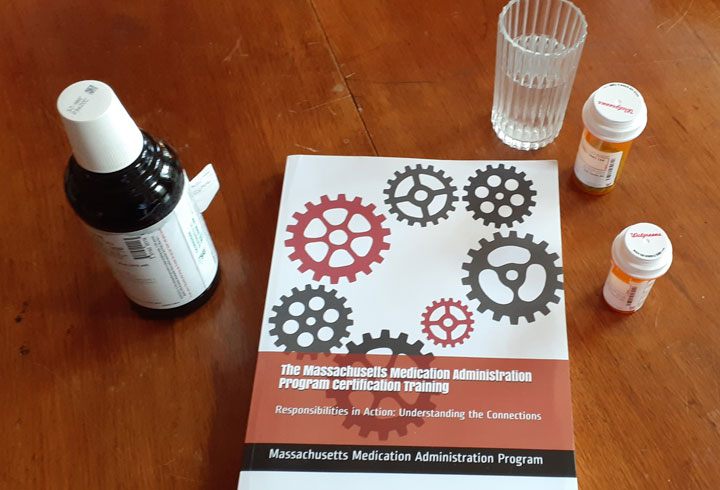
Evaluation and Recommendations for the Massachusetts Medication Administration Program (MAP)
Massachusetts Department of Public Health

Pilot Public Health Projects with Community-Based Organizations
Massachusetts Department of Public Health
Service Area Leads

Every data collection is unique. I enjoy developing innovative solutions to gather the data that ERG relies on in support of healthier, safer, and more sustainable systems. My role at ERG extends across multiple service areas, allowing me to collaborate with a wide range of clients and colleagues and continually take on new challenges.

A core aspect of my work is leveraging a diverse array of data collection and analytical techniques to craft innovative solutions tailored to our clients’ data and research needs. This often involves delving into new subject areas. I greatly enjoy this process as it feeds my natural curiosity and is very satisfying to deliver products that help improve public health.

As an economist, I have come to appreciate that the qualitative context—including co-benefits, benefits distribution, environmental and health impacts, and social and political obstacles—can be as essential to decision-making as the numerical outputs. I enjoy working holistically with my government and community clients, incorporating qualitative and quantitative information from ERG surveys, interviews, and research to determine how best to meet their needs and communicate the results.
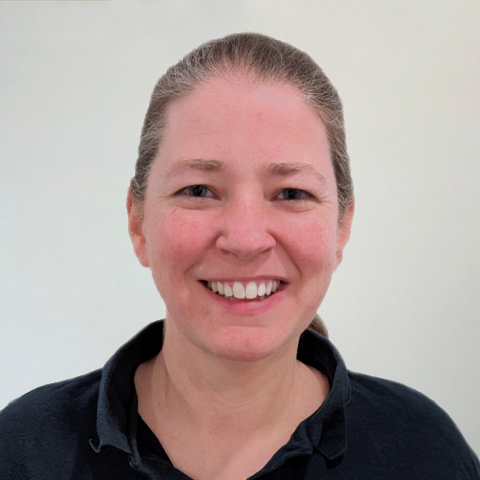
I love using data to help clients make smarter decisions because it’s where my mix of analytical expertise, passion for digging into details, and creative problem-solving all come together. Whether I’m designing surveys, analyzing responses, or translating findings into action, for me it’s about turning curiosity into clarity and working side by side with clients to build solutions that make programs better.

I am grateful for the opportunity to work with our clients because I believe deeply in their mission. I have always enjoyed statistics and data science, but the critical step in any economic, public health, or survey analysis is telling a broader story that gets to the heart of the client’s research questions. One of the things I value most about ERG is our culture of using our subject matter expertise to think from the client’s perspective so that their broader goals can drive meaningful work.

The world of data collection and analysis revolves around the idea of extracting information from noise. Poorly designed surveys or statistical analyses only increase that noise. My goal in each project is to apply appropriate methods to extract information efficiently. Well-designed surveys should balance meeting a client’s information needs with the need to ensure that respondents understand what is being asked and can then provide that information. While we have an array of complex methods at our fingertips that can readily extract information from large amounts of data, ultimately, we need to explain what’s being done in plain language. I work to clearly communicate complex statistical analysis or survey designs to ensure better understanding of what was done and increase confidence in the results.
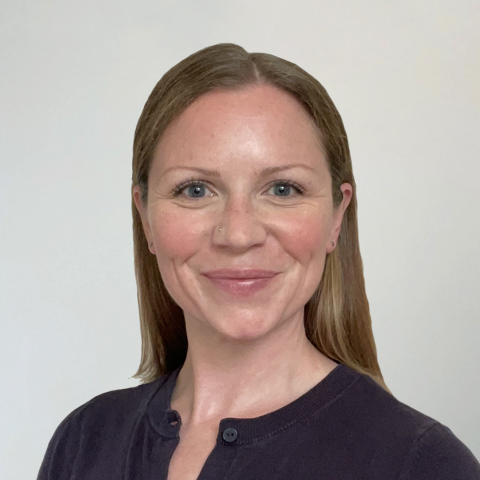
I’m particularly drawn to the human dimension of our work. I value gathering input directly from stakeholders through focus groups, interviews, and surveys to help ensure that our work integrates the experiences and perspectives of the people central to the topic or issue we are exploring.

Economic analysis has been my field ever since my early 20s, when I first discovered its complexities, potential, and power. Over the years, I’ve had the privilege to complement that foundation with expertise in survey science and diverse data collection methodologies—tools that have greatly enriched the scope and rigor of my work. At ERG, I’ve had the good fortune to work with great colleagues and clients to research issues and develop solutions for a wide variety of highly consequential environmental and public health questions. Whether designing a nationally representative survey, analyzing real-world data, or integrating administrative datasets, it has been a consistent joy to do work that is not only impactful but also a path of continuous learning and deepening.